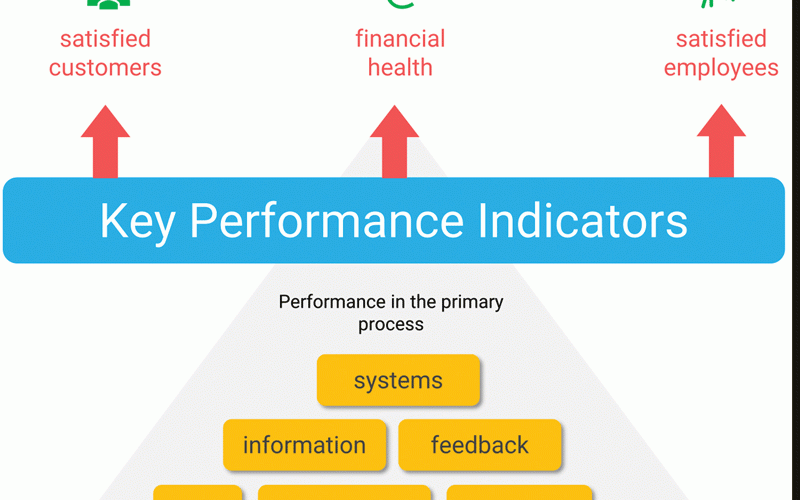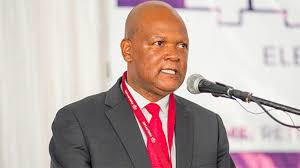
ONE of the most pressing issues in compensation strategy is ensuring that salaries remain competitive in the market.
The compa-ratio, which measures an employee’s salary relative to the market median, is a crucial indicator of whether an employee is underpaid or overpaid.
The data in the dashboard highlights stark disparities in how employees are compensated. James, a finance manager, earns only 59% of the market median, meaning he is underpaid by 41%.
Similarly, Tatenda, a human resource (HR) manager, and Tino, a supply chain manager, have compa-ratios of 77% and 79%, respectively, putting them significantly below market benchmarks.
These disparities indicate a high risk of turnover, especially among employees whose skills are in high demand. Organisations that fail to align salaries with market expectations risk losing their best talent to competitors offering better compensation packages.
Performance, pay misalignment
The dashboard also reveals a concerning disconnect between compensation and performance. There is an expectation that high-performing employees should be better compensated, but this data challenges that assumption.
Mutsa, a chief accountant, has the highest performance rating at 90%, yet their salary lags 15% behind the market. James, with an 80% performance rating, is underpaid by 41%. Conversely, Abel, an Internal Auditor with a low 33% performance rating, is actually overpaid by 11% relative to the market median. This misalignment poses several risks.
- Durban floods: South Africa floods kill more than 250 – officials
- Central bank to introduce 100-dollar note
- US joins calls for Masaraure’s release
- CSOs dare African countries to implement humane drug policies
Keep Reading
High performers who feel undercompensated may become demotivated or start looking for better-paying opportunities elsewhere. Over-compensating low performers can lead to complacency and reduced motivation for improvement.
Additionally, failing to pay competitive salaries for strategic roles such as Finance and HR increases the risk of losing critical talent. To mitigate these risks, organisations must ensure that their compensation structures not only align with market rates but also reward employees based on their contributions.
Salary adjustments: when to act
The Action column in the dashboard suggests a structured approach to salary adjustments. High performers, who are significantly underpaid, such as James and Mutsa, are flagged for salary adjustments to prevent turnover and ensure that compensation remains competitive.
On the other hand, overpaid low performers, such as Abel and Sekai, require performance interventions rather than immediate salary hikes.
Employees such as Tino, whose pay is slightly below the market but not critically misaligned with performance, can remain unchanged for the time being.
This differentiated approach to salary adjustments prevents organisations from making blanket increases that inflate costs without necessarily driving better performance or retention.
Strategic tool for HR
For HR leaders, the key takeaway from this analysis is that compensation must be viewed as a strategic tool rather than just an operational necessity.
Organisations must proactively benchmark their pay structures against the market to remain competitive. A strong pay-for-performance model should be adopted to ensure that employees, who deliver the highest value, are appropriately rewarded.
Pay inversions, where junior employees earn more than senior professionals due to market misalignments, must be monitored and corrected. Additionally, pay equity must be carefully managed to ensure that gender, tenure, and role-based salary gaps do not create unfair disparities that erode employee trust and engagement.
Conclusion
Ultimately, compensation is more than a cost — it is an investment in human capital. Organisations that take a data-driven approach to salary decisions will be better positioned to attract and retain top talent, reduce turnover costs, and enhance overall business performance.
By aligning market realities, performance metrics, and strategic priorities, HR leaders can craft compensation policies that drive sustainable success.
Nguwi is an occupational psychologist, data scientist, speaker and managing consultant at Industrial Psychology Consultants (Pvt) Ltd, a management and HR consulting firm. — Linkedin: Memory Nguwi, Mobile: 0772 356 361, [email protected] or visit ipcconsultants.com.











